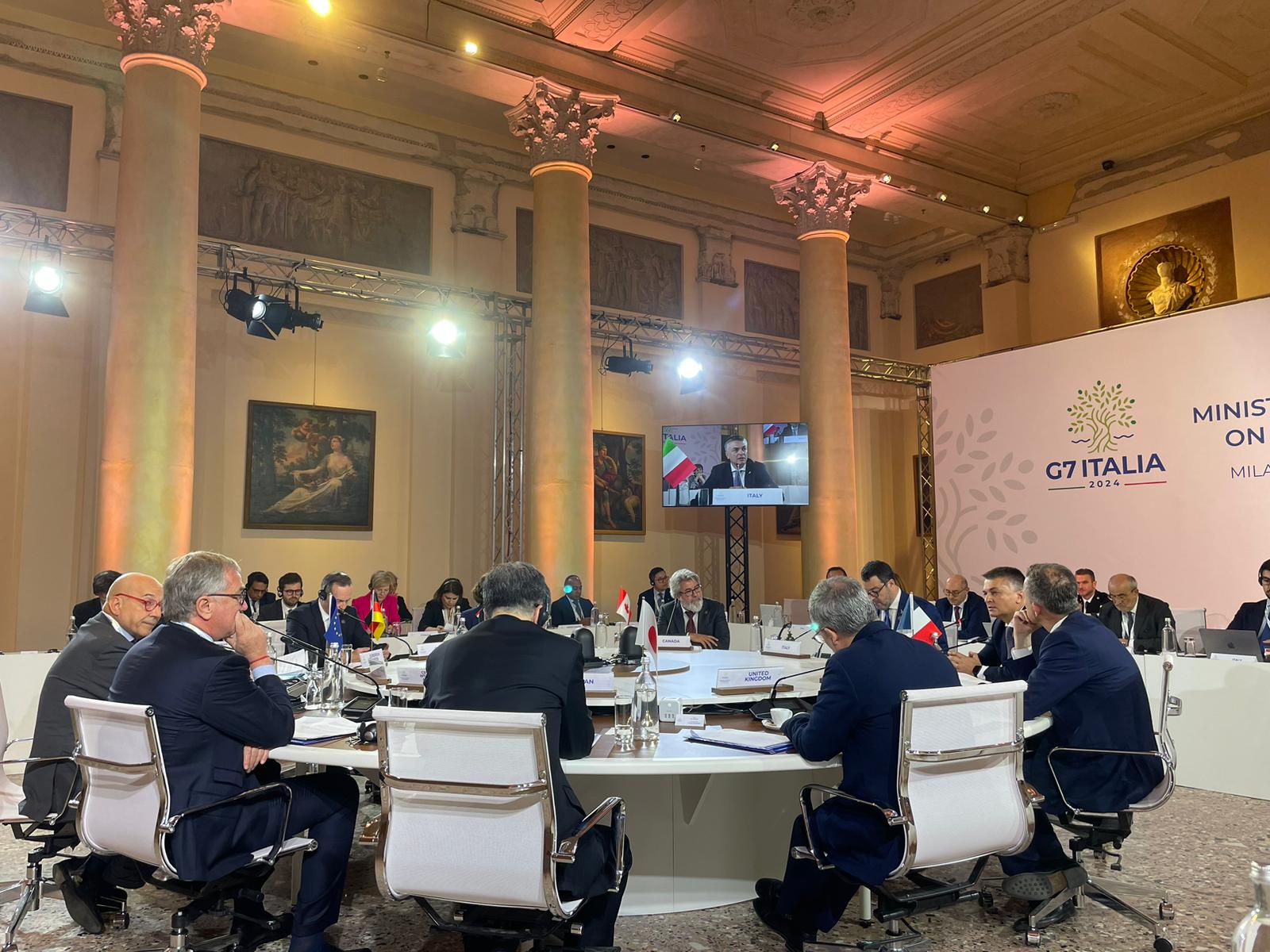ICS welcomes adoption of the High Seas Treaty at the United Nations

ICS welcomes adoption of the High Seas Treaty at the United Nations
- After decades of work the High Seas Treaty has been adopted at the United Nations today.
- The International Chamber of Shipping (ICS) welcomes this historic moment having represented the shipping industry in the discussions since 2016.
- The agreement takes into account the IMO’s role and is intended to cover gaps in ocean governance to ensure that emerging high seas industries will be as well-regulated as shipping is by the International Maritime Organization (IMO).
Monday 19 June, London/New York: Speaking at the UN Headquarters today, the International Chamber of Shipping (ICS) has welcomed the adoption of the landmark High Seas Treaty. This follows the significant breakthrough in March 2023 when nearly 200 nation States took part in the discussions and came to an agreement in finalising the text of the High Seas Treaty.
The historic agreement forms the substance of an international legally binding instrument under the United Nations Convention under the Law of the Sea on the conservation and sustainable use of marine biological diversity of areas beyond national jurisdiction (BBNJ agreement). ICS has been an active part of this important work since 2016 and welcomes this positive development.
Emily Rowley, ICS Policy Manager (Legal), has represented ICS at the United Nations on BBNJ for over five years and commented:
“We are delighted that after more than two decades of work the High Seas Treaty has been formally adopted. There is still a way to go of course before it comes into effect, as 60 member states need to ratify, but this is without question a significant moment and should be celebrated.”
ICS has been representing the shipping industry in the discussions to ensure that the international maritime community is engaged, and that the industry’s unique nature is considered. ICS’s position has also been to support government’s understanding of the International Maritime Organization’s role as shipping’s global regulator.
The High Seas Treaty builds on the requirements to protect the marine environment contained in the United Nations Convention on the Law of the Sea (UNCLOS). One of its important features is that it sets out a process to enable the establishment of cross-sectoral Marine Protected Areas and other area-based management tools in the high seas and the underlying seabed. This is of particular note as currently with just over 1% of the high seas region protected, the BBNJ will be a key tool in delivering agreed upon targets of 30% global MPAs.
Emily Rowley continued:
“From a shipping industry’s perspective, the High Seas Treaty agreement takes into account the IMO’s role and is intended to cover gaps in ocean governance. It will help ensure that emerging high seas industries will be as well-regulated as shipping is by IMO, with the detail of any measures that may be needed for ships to be discussed and agreed at IMO.”
“Fundamentally the agreement should enhance cooperation and coordination between UN agencies and other global and regional regulators of activities on the high seas. This will foster a holistic approach to the protection of marine biodiversity and ecosystems in areas where no one State is responsible for preserving them.”
“It is important for shipping that the oceans are properly regulated and managed. The BBNJ Agreement is a meaningful step forward in ensuring that the oceans are used sustainably and conserved for present and future generations.”
About ICS
The International Chamber of Shipping (ICS) is the principal international trade association for merchant shipowners and operators, representing all sectors and trades and over 80% of the world merchant fleet – www.ics-shipping.org.
Related content

ICS Publications releases fifth edition of ‘Shipping and the Environment: A Guide to Environmental Compliance’

G7 Transport Ministers meeting in Milan briefed by ICS Chairman, Emanuele Grimaldi, on Security and Decarbonisation

Vehicle Carrier Safety Forum publishes guidance on the presentation and loading of vehicles
